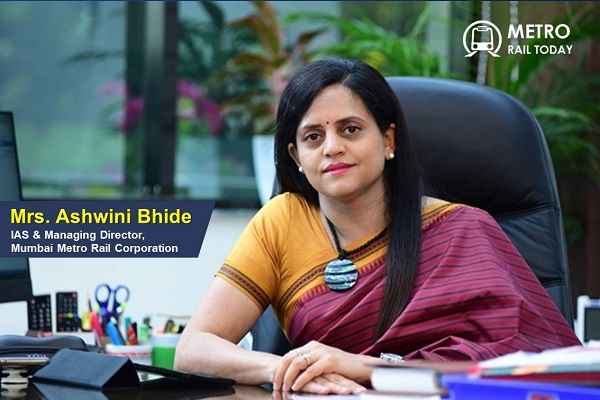Mumbai, the bustling metropolis on the western coast of India, is well-known for its vibrant culture, economic prowess, and, unfortunately, its notorious traffic congestion. As the city expands and the population burgeons, the need for efficient public transportation becomes paramount. The Mumbai Metro Rail Corporation (MMRC) has been at the forefront of addressing this challenge, particularly with the ambitious Colaba–Bandra-SEEPZ Metro Line 3 project. In a recent interview, Ashwini Bhide, the Managing Director of MMRC delves into the progress, challenges, and transformative impact that Mumbai Metro Line 3 is poised to bring to Mumbai's transportation landscape.
Progress in Phase 1 of Mumbai Metro Line 3
With Phase 1 of Mumbai Metro Line 3's operations set to commence soon, Bhide sheds light on the significant progress achieved thus far. Phase 1 encompasses tunneling from Aarey to BKC and the construction of nine intermediate stations, marking an impressive 95% completion. The current focus lies on completing the depot, a crucial component for Phase 1 operations. However, a pivotal aspect still pending is the full connectivity between the depot and the main line, particularly at the shunting neck area. Delays in this segment, attributed to tree removal and excavation, received Supreme Court permission only in April of the previous year. Despite the hurdles, Bhide expresses optimism about achieving full connectivity by February 15.
Train trials have already commenced, with two trains accessing the depot. However, integrated trials can only begin once the depot-main line connectivity is established, expected between February 15 to 20. The MMRC has formally requested the government to inaugurate the integrated trial through Prime Minister Modi. After this milestone, a three to four-month final commissioning period will follow, involving certification from the Research Design and Standard Organisation (RDSO), Independent Safety Assessment (ISA), and the submission of a safety case. The targeted date for the full commissioning of Phase 1 is set for the end of May.
Navigating Towards Driverless Train Operations
In response to the growing global trend of autonomous transportation, Bhide discusses the potential for driverless train operations on Metro Line 3. The plan entails implementing unmanned train operations (UTO). However, she highlights two intermediate stages preceding UTO: automatic train protection and automatic train operation (ATO). Currently, the focus is on achieving ATO certification. This decision stems from the fact that UTO certification, a crucial step for fully unmanned operations, has not yet been obtained in India. The certification process involves extensive testing and trials, introducing uncertainties regarding the timeline for commissioning. In light of this, the emphasis shifts to achieving ATO certification, provided all requirements and conditions are met.
Significance of Mumbai Metro Line 3
Mumbai Metro Line 3 is not merely a rail project but a transformative force that promises to reshape Mumbai's transportation ecosystem. Bhide underscores its significance as the sole corridor traversing the island city, serving as a central backbone that interconnects various modes of transportation. What makes it particularly noteworthy is its path through extremely congested areas and neighborhoods of Mumbai. Unlike existing suburban rail lines, this corridor reaches areas where public transport connectivity is currently lacking, leaving many regions languishing despite their historical importance.
The corridor, extending from Colaba to SEEPZ, facilitates connectivity to neglected regions and has the potential to rejuvenate historically significant but underdeveloped areas. Nearly three million people are expected to benefit directly from this metro line, bringing a much-needed lifeline to areas that have been historically disconnected. Notably, the corridor extends connectivity to areas beyond CST and Churchgate, which were previously accessible only by road. The introduction of four stations in Mumbai's bustling business district is anticipated to stimulate economic growth and contribute to heritage preservation.
Impact on Traffic Congestion
One of the primary objectives of Mumbai Metro Line 3 is to alleviate the notorious traffic congestion that plagues Mumbai's roadways. Bhide provides estimates, stating that initially, around 4.5 lakh vehicle trips per day are expected to decrease with the commencement of Metro 3 operations. As the system reaches its ultimate capacity, this number is projected to rise to approximately 6.5 lakh vehicle trips per day. However, Bhide emphasizes that achieving these reductions will take time, perhaps around 5-10 years. The reason behind this extended timeline is the significant behavioral change required from commuters. Transitioning from personal vehicles to embracing public transit options is a gradual process, and the impact will unfold gradually. The initiation of Phase 1 of the project is expected to kickstart this process, with subsequent phases further encouraging a modal shift.
Additionally, as the entire corridor becomes interconnected with other metro lines such as Line 1, Line 2, Line 6, and Line 7, the ridership is expected to increase. This surge in ridership will lead to a significant decrease in dependency on private vehicles, aligning with the overarching rationale behind constructing metro systems in Mumbai – offering a viable solution to the city's increasing traffic congestion.
Road Reinstatement Progress
The construction of Metro Line 3 has inevitably impacted the city's road infrastructure. Approximately 7-8 km of roads were barricaded during the construction phase, primarily due to the construction of a 5.5-km-long steel deck and necessary diversions. As for reinstatement progress, efforts have already begun. Partial reinstatement has been completed in areas like MIDC and Marol, while Vidyanagari and Santacruz are in the process of being reinstated. Similarly, partial reinstatement has occurred in areas like BKC, Sitladevi, and sections in south Mumbai. The reinstatement process has also commenced in Dadar, with ongoing efforts to remove the steel deck and rebuild roads as station boxes are completed. The reinstatement process is being approached in a phased manner, ensuring gradual restoration as the corridors are commissioned.
Project Extensions and Southern Expansion
Bhide provides updates on two significant project extensions – the Wadala-GPO metro project and the southern extension of the current Metro Line 3 up to Navynagar. Both projects are currently undergoing updates to their detailed project reports (DPR). The Wadala-GPO metro project's DPR, initially prepared by the Mumbai Metropolitan Region Development Authority, faced viability challenges. To address this, the central government provided suggestions, and MMRC is in the process of updating the DPR accordingly.
Similarly, for the southern extension of Metro Line 3 up to Navynagar, the DPR has been prepared, and discussions with stakeholders are ongoing to establish its viability. Once these updates are complete, both projects will be submitted to the ministry for review, followed by approval from the MMRC board and the respective governments. Bhide anticipates that this entire process will take a few weeks.
Mumbai Metro Line 3 Ticket Fares
Fares for Mumbai Metro Line 3 will be determined according to the Metro Railway Act, with the initial fare approved by the MMRC board. The board will ensure that the initial fare aligns with current fare structures in Mumbai. While there may be slight variations due to differences in stages and lengths, the initial fare will largely remain consistent. Once approved by the board, these fares will be implemented, and subsequent fare revisions will follow the guidelines outlined in the Metro Act. The process includes the adoption of a fare fixation review committee, ensuring transparency and adherence to regulatory standards.
In conclusion, the interview with Ashwini Bhide unveils a comprehensive narrative of the transformative journey that Metro Line 3 embodies for Mumbai. Beyond being a transportation project, it emerges as a catalyst for change, addressing longstanding challenges and creating new possibilities for connectivity, economic growth, and heritage preservation. As the city eagerly awaits the full commissioning of Metro Line 3, it anticipates a paradigm shift in commuting habits, with the potential to redefine Mumbai's identity as a global metropolis.
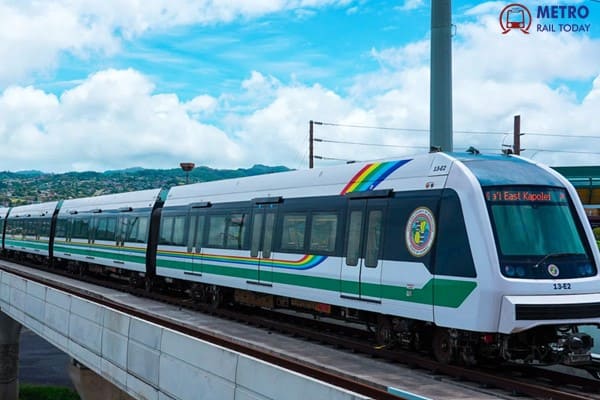 The Skyline Rail Project: Revolutionizing Rapid Transportation in Honolulu, Hawaii
The Skyline Rail Project: Revolutionizing Rapid Transportation in Honolulu, Hawaii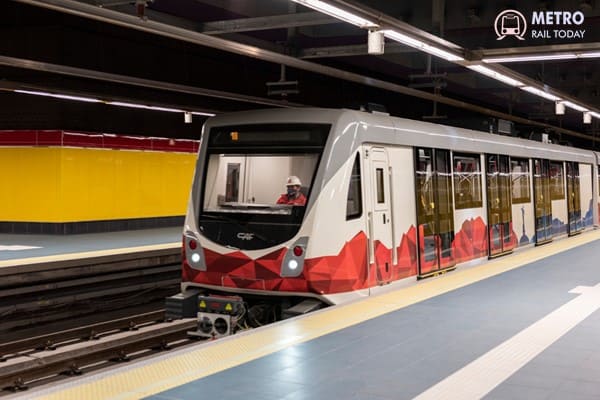 Tender floated for Prague Metro Trains and Automated Train Operation (ATO)
Tender floated for Prague Metro Trains and Automated Train Operation (ATO)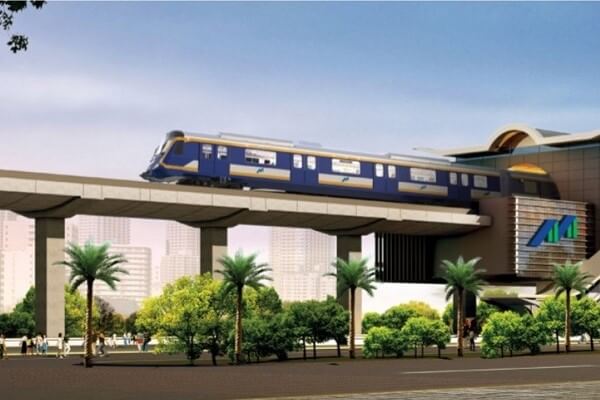 MMRDA floated tender to appoint General Consultants for Mumbai Metro Line 5
MMRDA floated tender to appoint General Consultants for Mumbai Metro Line 5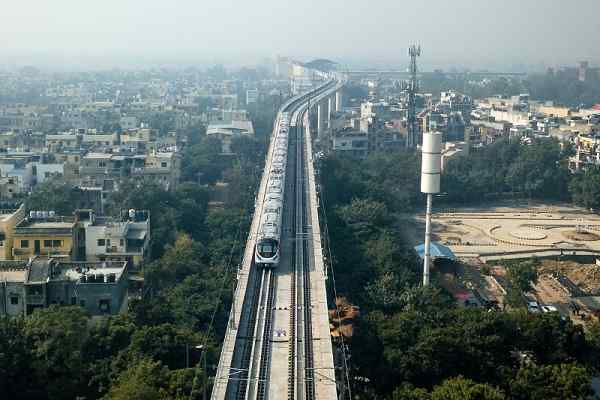 RailTel signs MoU with South African Firms to expand Railway Technology Business
RailTel signs MoU with South African Firms to expand Railway Technology Business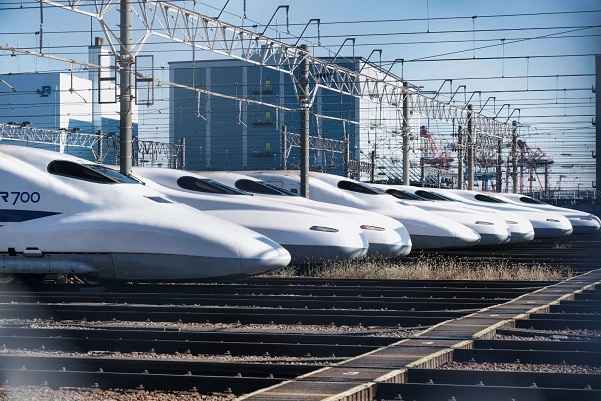 Latest updates on Sabarmati Rolling Stock Depot of Mumbai-Ahmedabad Bullet Train Project
Latest updates on Sabarmati Rolling Stock Depot of Mumbai-Ahmedabad Bullet Train Project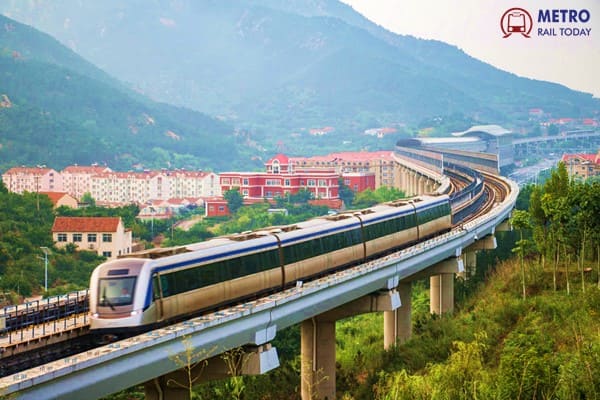 Route survey commences for ₹6,225 crore Bhubaneswar Metro Rail Project
Route survey commences for ₹6,225 crore Bhubaneswar Metro Rail Project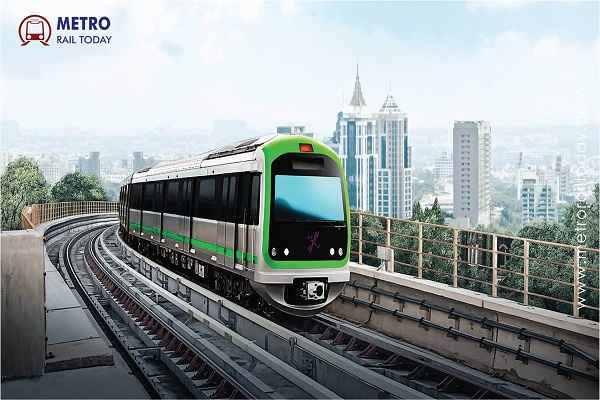 Eight firms bid for feasibility study of Bengaluru's Madavara-Tumakuru Metro Corridor
Eight firms bid for feasibility study of Bengaluru's Madavara-Tumakuru Metro Corridor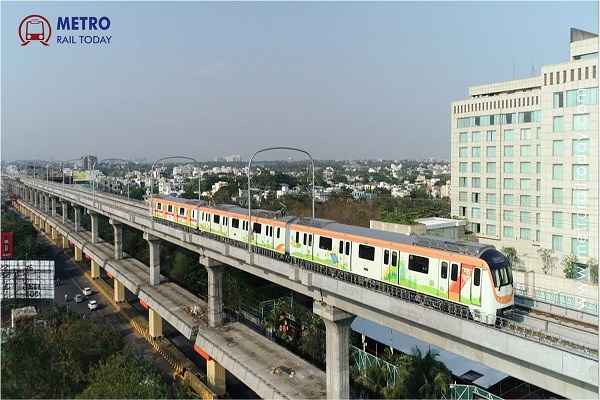 Two firms bid for Track Work Contract of Nagpur Metro Phase 2
Two firms bid for Track Work Contract of Nagpur Metro Phase 2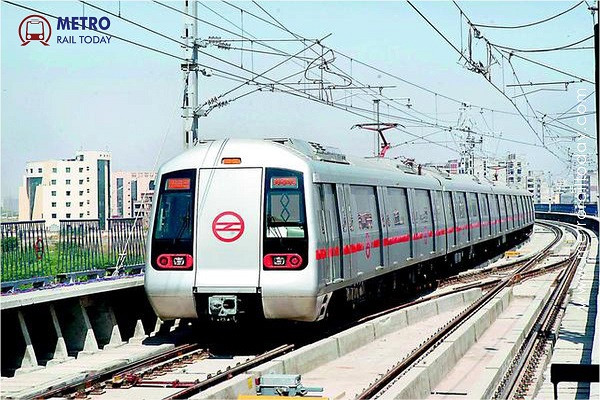 Derailing Integrity: Corruption Claims Hit Delhi Metro's Top Management
Derailing Integrity: Corruption Claims Hit Delhi Metro's Top Management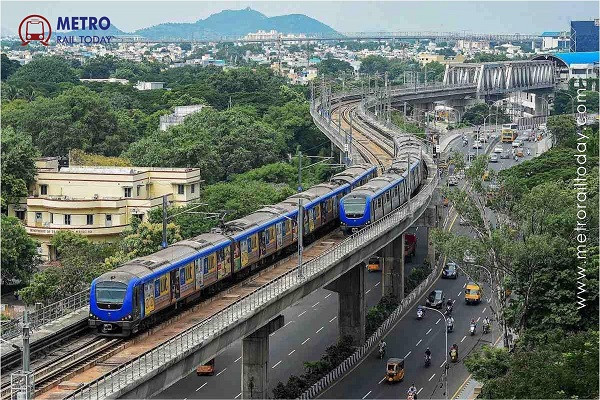 Six firms bid for DPR Consultancy for Chennai Metro's Koyambedu – Avadi Metro Line
Six firms bid for DPR Consultancy for Chennai Metro's Koyambedu – Avadi Metro Line